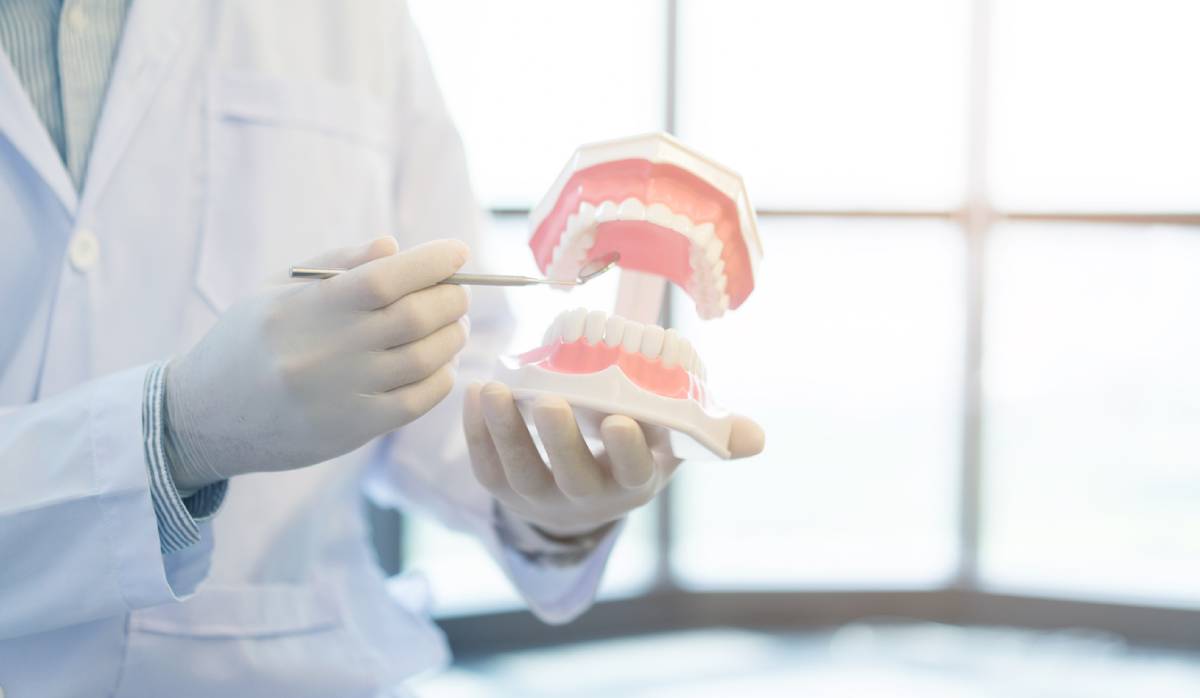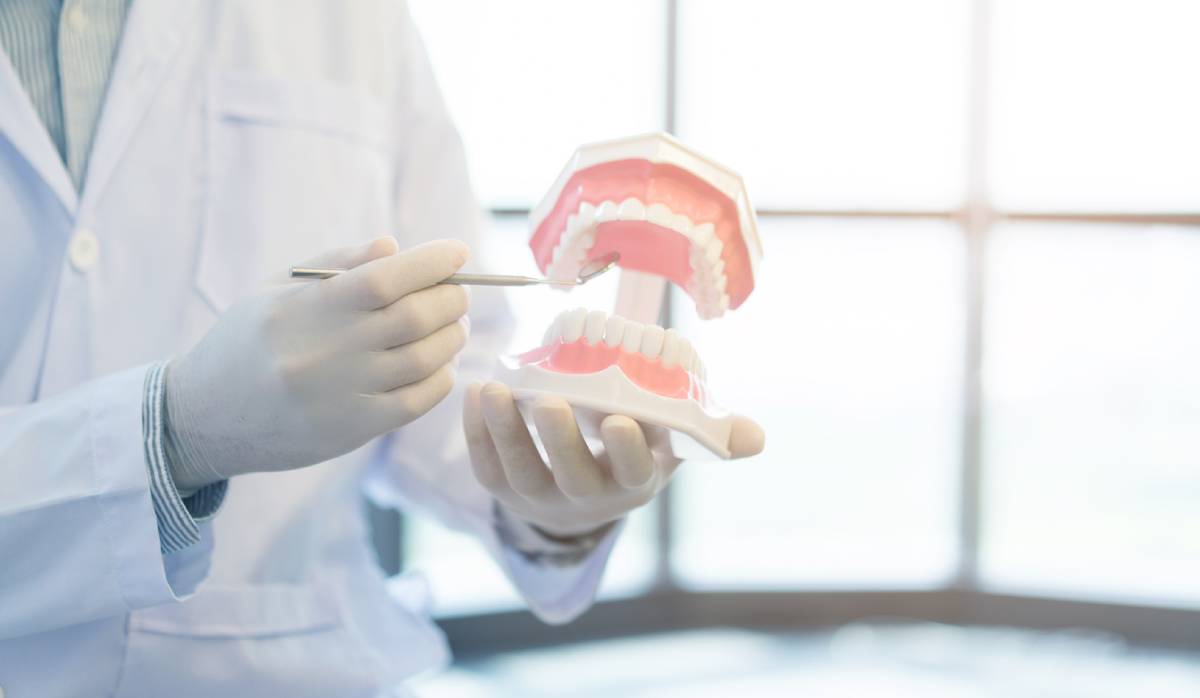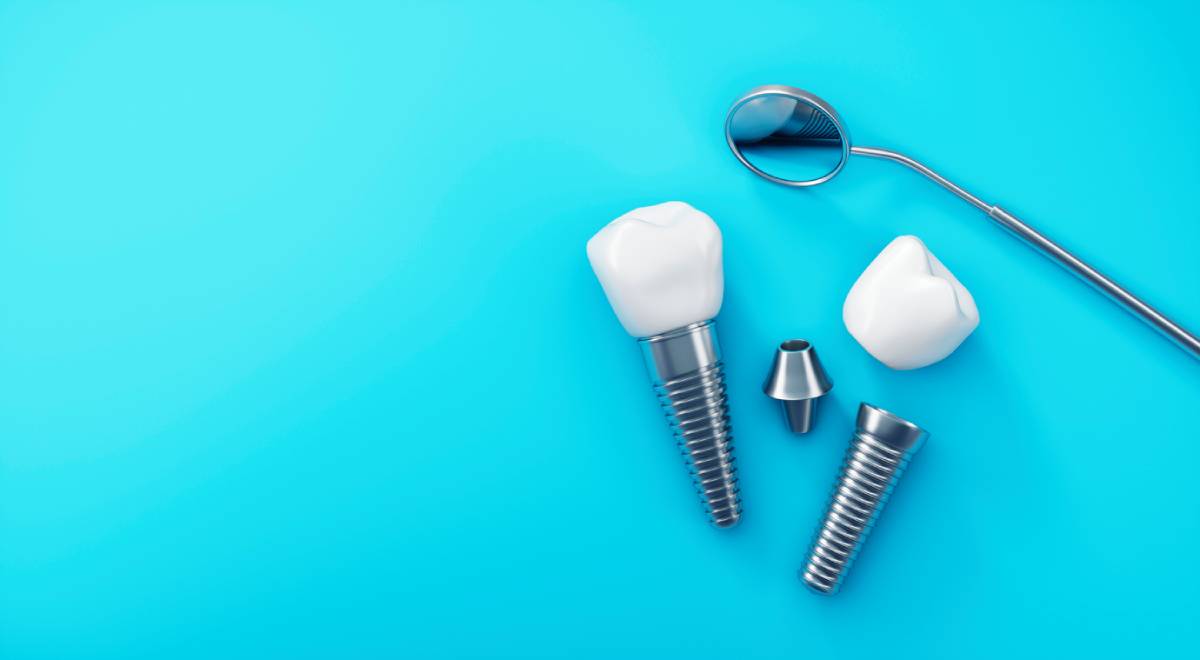Dental implants are an effective tooth replacement option. In fact, they are safe, durable, and provide a natural look and feel. They are a long-term solution that can last decades if properly taken care of. Below you will find the top 7 tips for dental implants maintenance.
7 Tips for Dental Implants Maintenance
If you have dental implants, consider the following tips to ensure the longevity of your oral health.
Immediate Recovery Tips:
Caring for your dental implants in Downtown Los Angeles after getting them is important in both the short- and long-term. However, caring for your dental implants right after you get them is slightly different from how you will care for them in the long run. Right after, you may notice some pain and swelling. This is completely normal and should subside within a few days. Follow your dentist’s instructions, including taking all of the prescribed medications. Use a cold compress to help with the swelling, and avoid moving around a lot. Focus on rest for the first day and consume soft foods to alleviate any discomfort.
Read more






